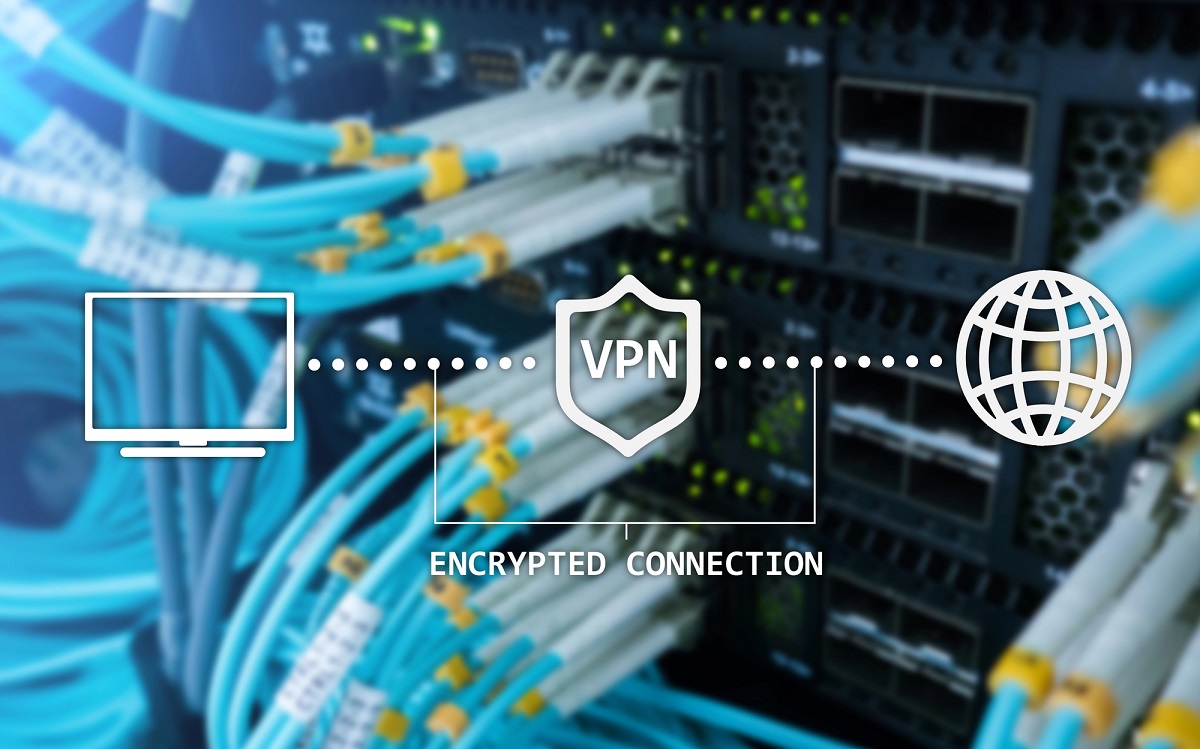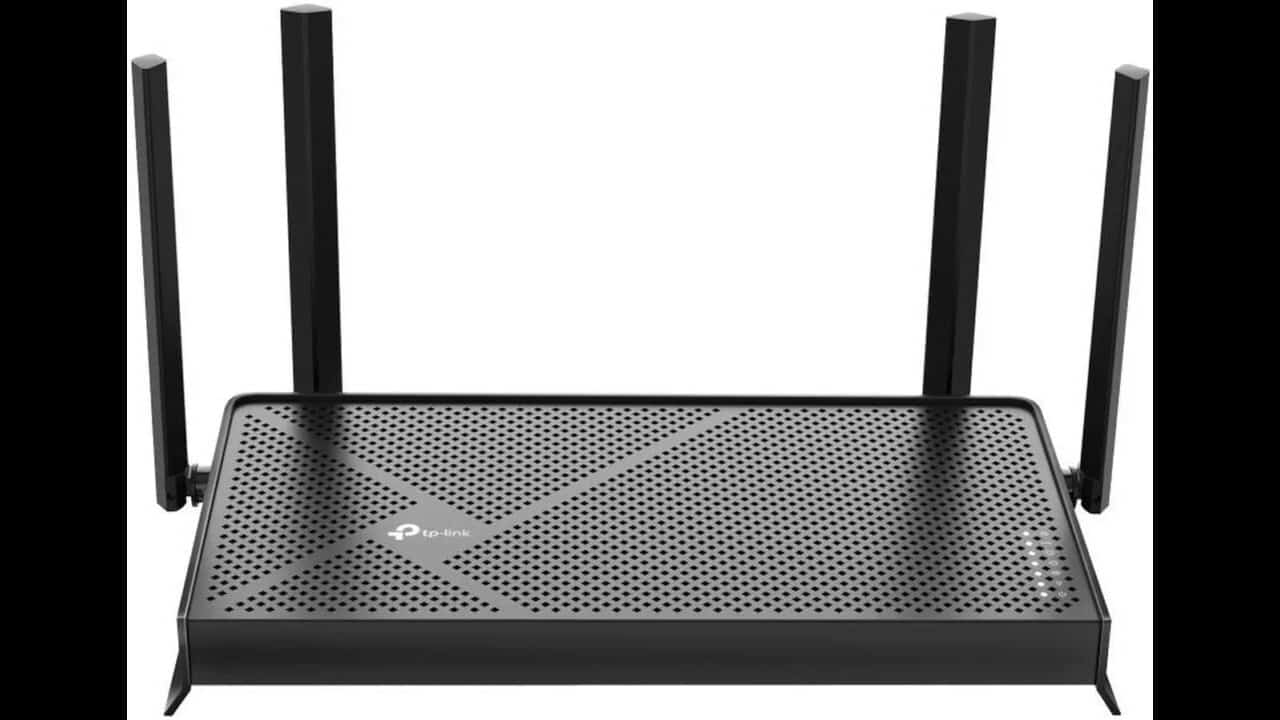A lot of people talk about VPNs, but not everyone knows what they really do. If you have ever wondered why people use them, or what a VPN even is, you are not alone. This post will explain the basics in simple words. You will learn how a VPN works, what it does to your data, and why people use it. We will also go over the different kinds of VPN connections, the main reasons people use VPNs, and some of the most common ways people put them to work. By the end, you should have a better idea of what a VPN is and how it might help you, whether you are just curious or thinking about using one yourself.
How a VPN Works
A VPN, or virtual private network, lets you send and receive information over the internet as if your device is connected to a private network. When you use a VPN, your device connects to a remote server controlled by the VPN service. This connection is sometimes called a tunnel. It helps hide your real location and can make your online activity harder to track.
One of the main things a VPN does is use encryption. Encryption is a way to scramble your data so that only the server and your device can read it. This keeps your information private from anyone who might try to look at it, such as hackers or people on public Wi-Fi networks. When data is encrypted, even if someone does get access to it, they will not be able to understand what it says without the right key.
There are different types of VPN connections. Remote access VPNs let you connect your device to a private network from almost anywhere. Site-to-site VPNs connect two or more networks together, which is common for businesses with more than one office. There are also personal VPN services that you can use at home or on your phone. Each type works in a similar way by creating a secure tunnel for your data, but they are used for different reasons.
Benefits of Using a VPN
Many people use a VPN to help keep their information safe when they are on public Wi-Fi. Public Wi-Fi at places like coffee shops, airports, or hotels can be less secure than private networks. When you connect to a VPN, it makes it harder for others to see what you are doing or steal your data while you are online in these places.
A VPN can also help you access a private network from a different location. This can be useful for people who need to work from home and need a way to connect to their work files or systems. With a VPN, it is possible to reach these resources as if you were sitting in the office.
Another reason people use a VPN is for online privacy. When you are connected to a VPN, your real internet address is hidden, and it becomes more difficult for websites or services to track what you do online. This can help limit how much information about your browsing habits is collected.
People often use a personal VPN to view websites or streaming services that are only available in other countries. When using a VPN, the connection can appear as if it is coming from a different place. This can help when a service blocks users based on where they are located. Many people use this to watch shows, read news, or visit websites that are not open to their area.
In Summary
A VPN is a tool that helps keep your internet use more private and can make your connection safer, especially when you are using public Wi-Fi or need to connect to remote networks. It works by sending your data through a secure tunnel and hiding your real location, which can help keep your information safe from others. People use VPNs for many reasons, like working from home, watching shows from other countries, or just wanting more privacy online.


